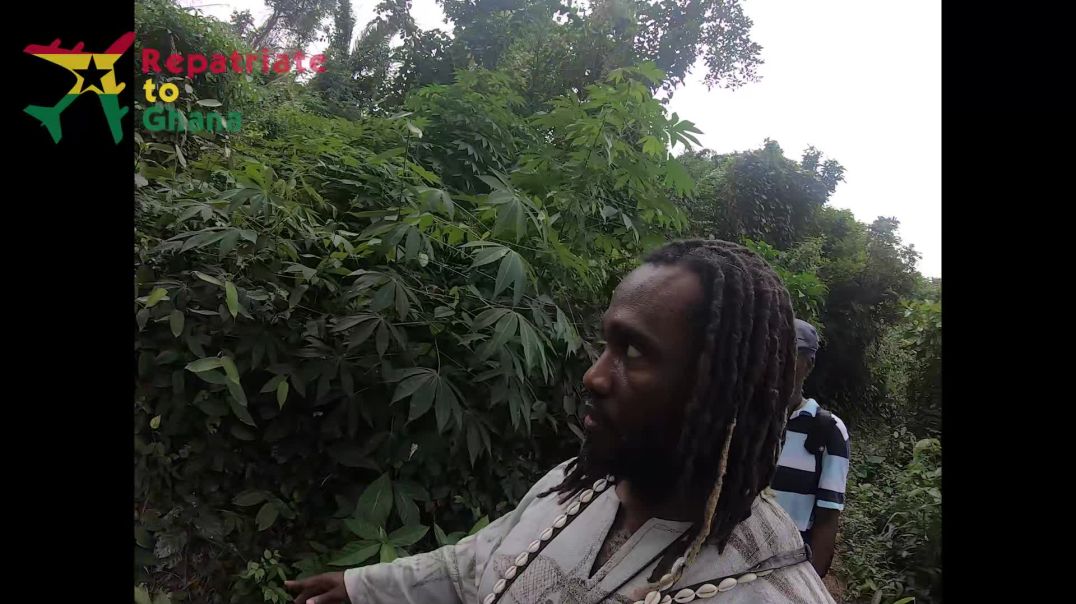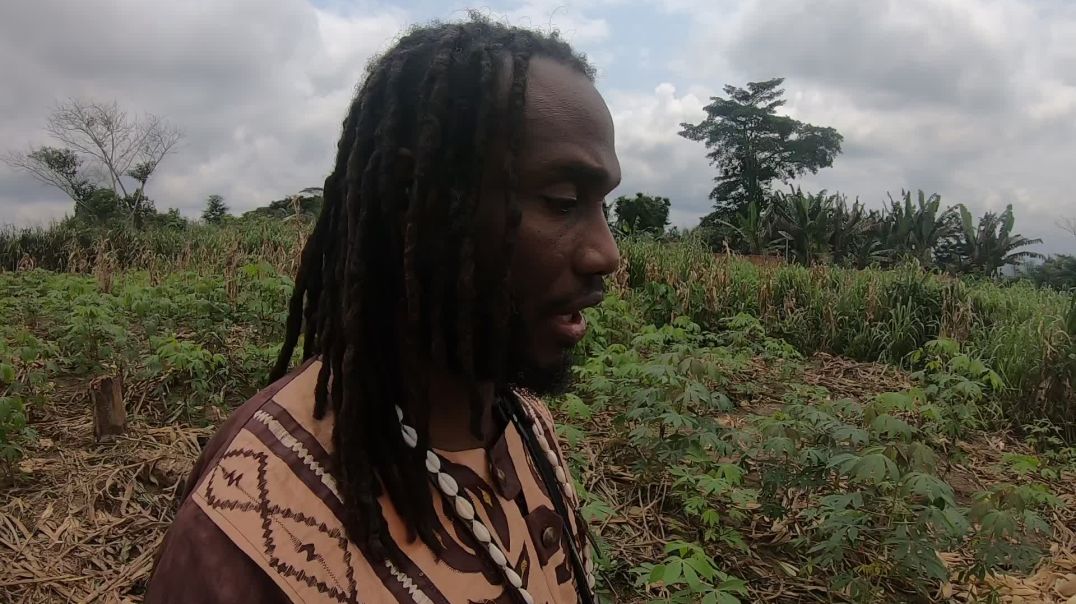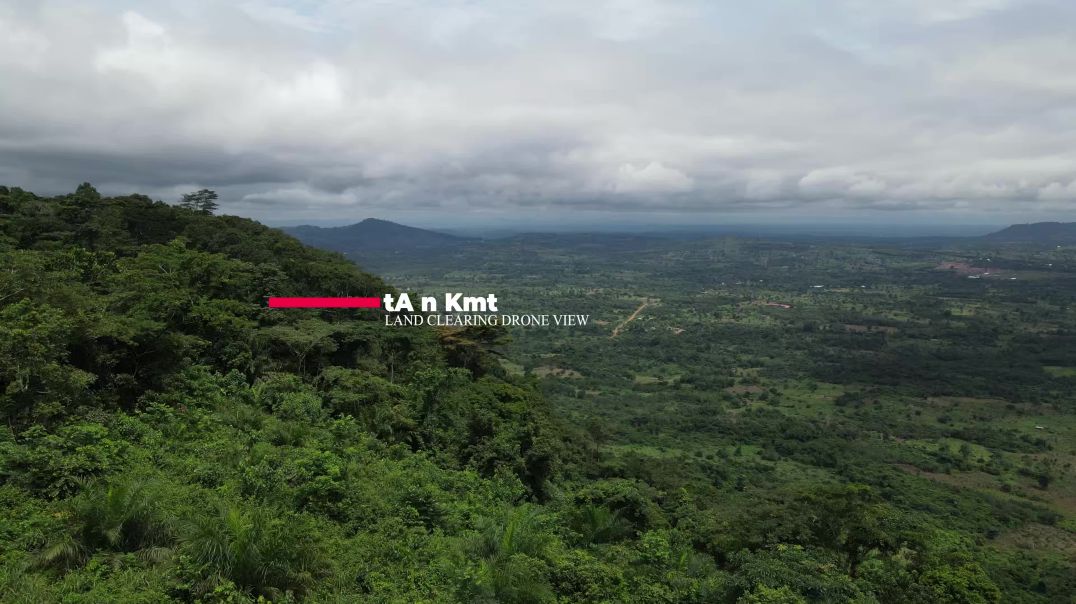- General Videos
- Music
- Economics
- Health
- Travel & Events
- History
- Psychology
- Spirituality
- Movies
- News & Politics
- Kmtyw Combat Sciences
- Ɔbenfo Ọbádélé Kambon Videos
- Ɔbenfoɔ Kamau Kambon: Black Liberation Philosophy
- Science, Tech, Engineering and Math
- Permaculture
- Self-Sustainability
- Living Off Grid
- Yoruba Language Learning
- Education
- Mmɔfra Adesua
- Nana Kamau Kambon Playlist
- Livestream
- Komplementarity Kouples and Revolutionary Singles
- Abibitumi Film Series
- Decade of Our Repatriation
- Live
PYGMIES: SHORT ON LAND [1999] - Cameroon
With soft guttural whoops and a tickle of the water, a pygmy man in Central Africa plucks a fish from the river with his bare hands. Another hunter releases a crude arrow into the canopy above. A monkey falls from the trees, shot directly through the heart. Eyes still bulging from the shock, the hunter quickly slots the monkey’s tail under its lolling neck to make a neat bag of his bush meat. It’s skills like these that have allowed the pygmies to live in the rainforest of Cameroon for generations. But now they’re facing stiff competition for their forest range.
With only 7% of the rainforest here protected, there are rich pickings for the loggers. Now logging tracks have spread like spiderwebs through the forest, leaving the pygmies exposed. Perversely, conservationists are also gnawing away at the pygmies' land. Wildlife reserves patrolled by anti-poaching patrols leave just 1% of the forest available for the pygmies. Emile, an old hunter, bemoans the coming of the white men.“Because there’s this protected zone we don’t have enough to hunt. We were forest people, now we’re beggars.”
Caught between two worlds, the pygmies are making their choice. “'Before we used to live in the forest. Then the tall people came and said you can’t live like this. Before, we always used to run away and hide. Then we said this is getting us nowhere and we left the forest.” The pygmies are reaching out, demanding schools and health clinics. Now many families have abandoned their nomadic lifestyle, settling around mission schools.
Yet outside the forest the Pygmies are struggling to find their place. They are forced into jobs that only serve the whites or the Bantu, the predominant black tribe in the area. They’re losing their identity and are being treated like bonded labour, paid with alcohol, food and cast-off clothing. Ironically, many also find work with the logging companies themselves. Hacking down their forest home for a few cents per tree. In a state of rapid cultural transition they don’t know which way to jump. Their culture grates with the loggers’ work ethics. At the local sawmill their ways are tolerated but not respected. “It’s difficult to work with pygmies. When the hunting season or harvest time comes, they simply leave .You can't rely on them. When people won’t change their mentality they can’t be integrated in the workplace' moans the French sawmill manager. Working for hunters is the only other employment around. Tourists pay $20,000 a week to have the pygmies lead them to the prize prey of elephants and gazelles. Its easy work for the pygmies but it’s killing their land as well. The hunters' guns spell danger to the region's elephants.
Back in the forest, in their traditional leaf huts, a band of pygmies try to live as they used to. Their children line up to have their canine teeth filed - the pain is worth it, they say, for this mark of pygmy beauty. The men hunt, the women gather, digging for roots and grubs to be roasted. But even here the lure of a western way of life is drawing people away. The refrain of many mothers is the same. “I want to stay in the village. The most important thing to me is that [my child] can go to school.”
The pygmies are in an impossible situation, their skills, perfected over hundreds of years, are becoming worthless in a world dominated by profit and loss accounts. They are being exploited in the same manner as the ancient rainforest trees: as an expendable commodity with a short term value. Can the pygmies find a successful identity as the modern world closes in?
Produced by Marion Meyer-Hohdahl

















![[Drone View] tA n Kmt land AND ROAD clearing Day 2](https://d2pqtpahsfkkkc.cloudfront.net/upload/photos/2025/08/bf29edc5de9290092608c91e53f6db41298f6b04gTCGks9KNdoP75SPFaKj.video_thumb_8325_197.jpeg)



